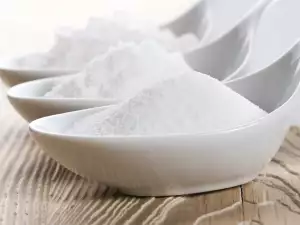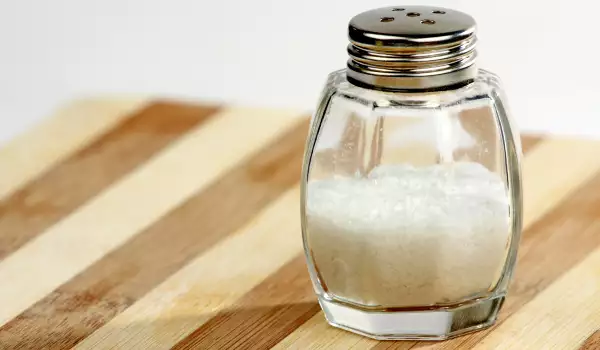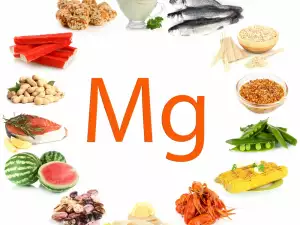Rock and sea salt has always played an important role for people. It is not just a condiment. Salt contains elements that determine our health.
It is believed that if there was no salt on board his ship to salt meat with, Columbus would not have come to America. Rural residents know that cows love to lick human hands.
Animals lick your hands to take the salt sweat contains, along with the trace elements it contains. Trace elements are found by animals in rock salt too.
Purified salt is used every day, does not contain trace elements, it's just sodium. Animals get seriously ill if they do not have rock salt, which contains magnesium ions.

Modern technology deprives salt from its most important elements - iodine, magnesium, lithium, selenium, zinc and lead. If you value your health, use rock salt instead of one treated down to sodium.
It is believed that sea salt contains a full set of trace elements, as does untreated rock salt. In diseases of the kidneys, salt is prohibited.
With obesity, you also need to limit your consumption of salt, because salt retains water in the body. In cardiovascular disease, it is also not recommended.
In the same way as salt, excess sugar and meat is not good for you. Reduce your refined sugar, meat and salt intake, if you need salt, use rock or sea salt.
Common man needs four to fifteen grams of salt daily. Hypertensive people should not exceed more than one gram of salt a day. During warm days, it is necessary to consume more salt.
When you sweat, you lose not only salt water, but amino acids, vitamins, minerals, calcium, potassium and chlorine. Too little salt is also bad for your body – bringing about thirst, fatigue, muscle cramps, loss of appetite, nausea and vomiting.
When a woman is pregnant, she wants salty food because the fetus sucks its salts from her body, as are necessary for its development. Shortages of salt can increase the risk of sunstroke.




















Comments